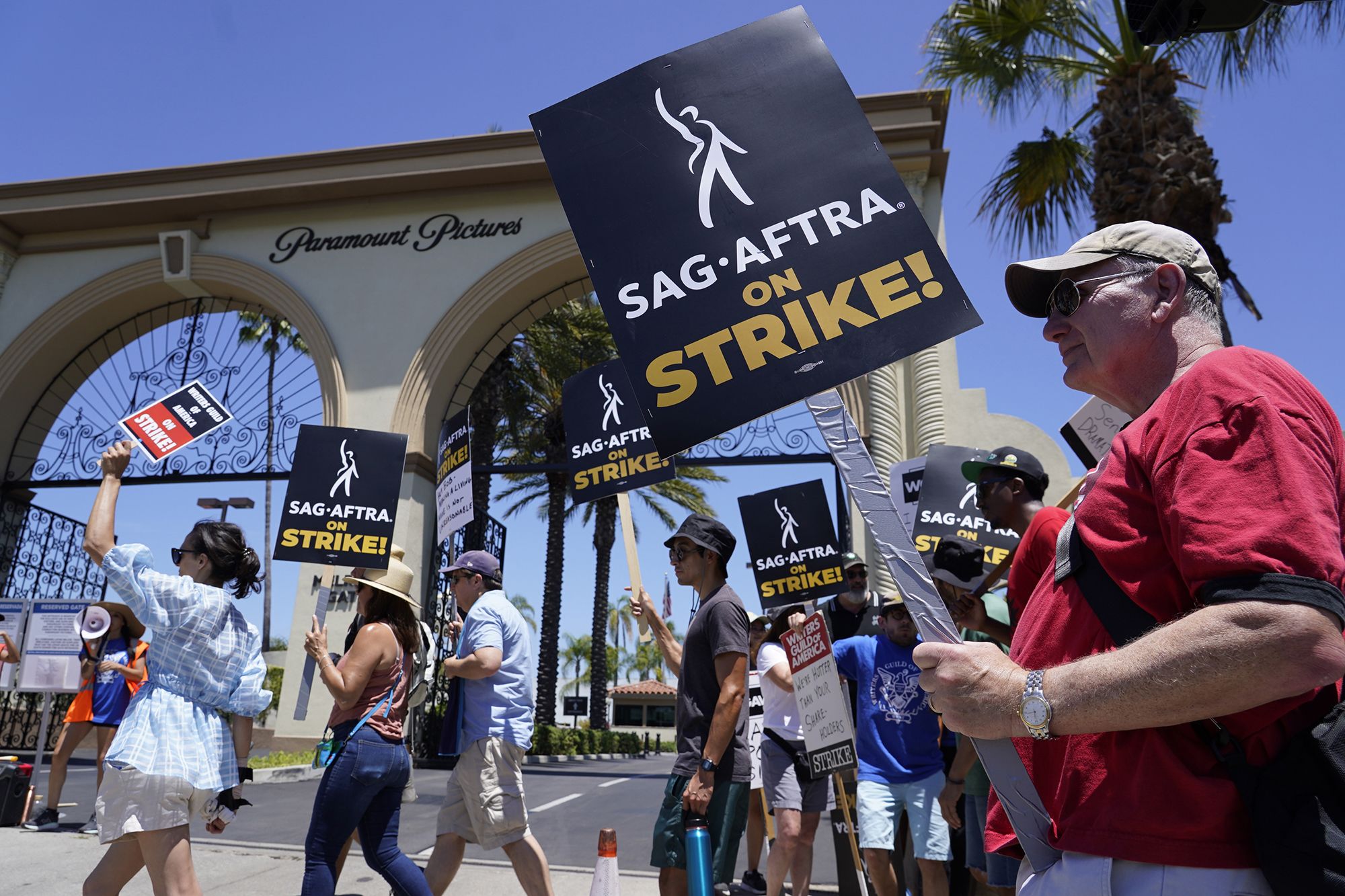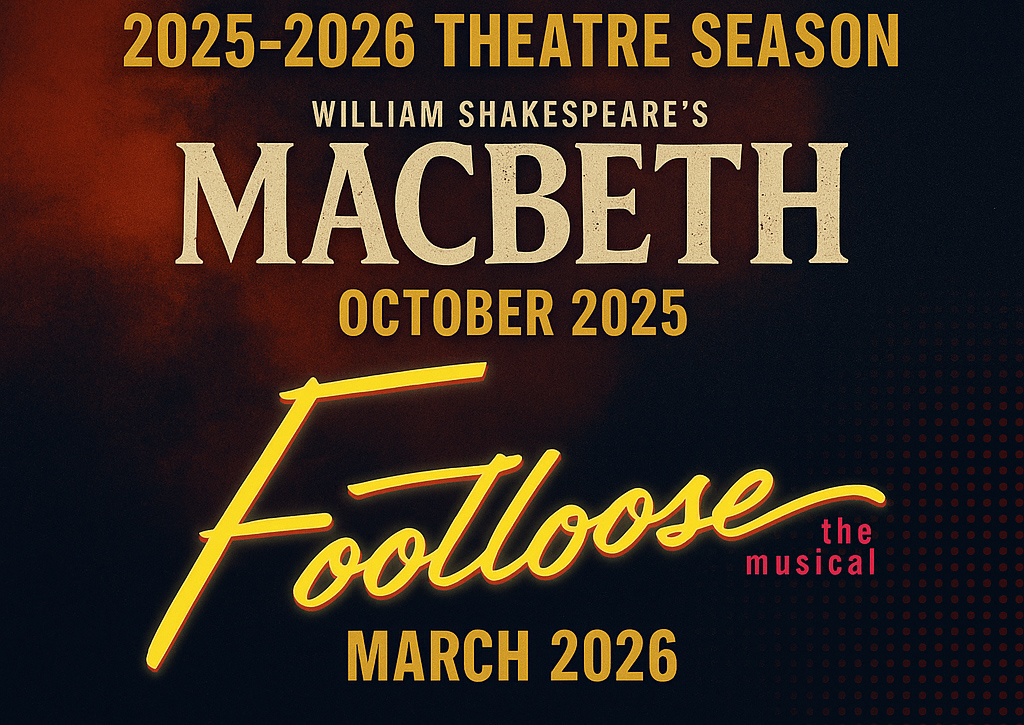This past Thursday on November 9, 2023, the actor strike officially ended the 118 day walkout that has halted Hollywood production. The longest walkout in Hollywood’s history began on July 14, after SAG-AFTRA (The Screen Actors Guild-American Federation of Television and Radio Artist) and Hollywood studios failed to agree upon a new three-year contract. The union represents over 160,000 members of the Actor industry and exists to ensure safe conditions and fair compensation. The union went on strike in order to protest new issues about the rise of artificial intelligence and streaming compensation on which they deemed large studios were exploiting their actors. The actors joined the already existing writer’s strike with similar arguments to create a historic joint strike of actors and writers against studios in 60 years.
Reasons for strike:
Many news outlets and outside viewers have been skeptical of the intentions of the strike, seeing it as just an excuse for already rich celebrities to gain more money. However, these wealthy celebrities only make up a small percentage of SAG-AFTRA; in fact, 87% percent of members make less than $26,000 a year (considered low income), according to SAG-AFTRA President Fran Drescher in a CBS Morning interview. Most members of the union include smaller actors, stunt actors, voice actors, dancers, announcers, and those who work in close proximity with Hollywood. The members of SAG-AFTRA’s ultimate concern is the inadequate compensation due to the rise of streaming services. Previously, in cable television, actors were paid a certain amount of money every time a movie or series they appeared in was re-aired, which is termed residual payments. This meant smaller actors and members of a cast were supplied with a more steady income. However, the introduction of streaming services, such as Netflix and Hulu, has upended those payments and endangered a once steady career. Streaming services do not have data transparency; therefore, the number of viewers who have watched a movie or series cannot be calculated based on popularity. Instead, actors and members of the project have fixed residual payments, meaning whether their show does good or bad, they receive the same amount of money. Kimiko Gleen, best known for her role in Netflix’s hit show “Orange is the New Black” recently shared on TikTok that her residual check was as low as $27.30. She later shared that other members of the cast even had to take second jobs while filming to pay the bills. Other actors shared the same sentiments and have also shared their stories on social media.
Another cause of concern for actors is the regulation of Artificial Intelligence (AI). This discussion arose after AMPTP (Alliance of Motion Picture and Television Producers) proposed to artificially scan background characters, use the scan for the remainder of the shoot, and then pay them for only one day of shooting. Public outrage ensued and opened the conversation about the protection of actors from AI. SAG-AFTRA wants strong protections against actors’ appearances being used by AI without signed contracts and financial compensation. For example, when Erik Pasojo voiced a Belgian geneticist in a “Call of Duty” game, he did not expect his face would appear on an entirely different character 10 years later in the online player vs player version called “Call of Duty: Advanced Warfare.” The game has grossed over a billion dollars; however, Erik has not seen an ounce of compensation. Erick and other actors and writers are not asking for an end to AI technology. Instead, they want formalized contracts and pay if their image and voice is used, as well as transparency around the use of their data for machine learning and AI.
Agreement:
After many disagreements, SAG-AFTRA and AMPTP officially negotiated on a new 3-year contract which will greatly improve actors and other member’s benefits in the industry. SAG-AFTRA stated that the contract is “the biggest contract-on-contract gains in the history of the union, including the largest increase in minimum wages in the last forty years.” It promised increased wages, a new compensation stream for streaming through substantial bonuses based on viewership on top of their existing residual payments, and formal AI protections. The deal is valued at more than one billion dollars in benefits and is a historic landmark for the actor’s union.
Despite this seemingly good news, it is worth noting that the strike has been costly, with a nationwide economic impact of 5 billion dollars, according to a report by Business Insider. Movies and series have been pushed back with many 2024 releases being pushed back to 2025. Meanwhile, unscripted shows, such as reality TVshows, broadcast, and talk shows, have continued. Actors have not been able to promote their projects during the strike, so expect to see an influx of self promotion on social media and press interviews. Although there have been drawbacks and celebratory achievements for this historic strike, members and actors are returning back to work. After all, the show must go on.













